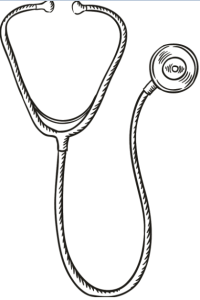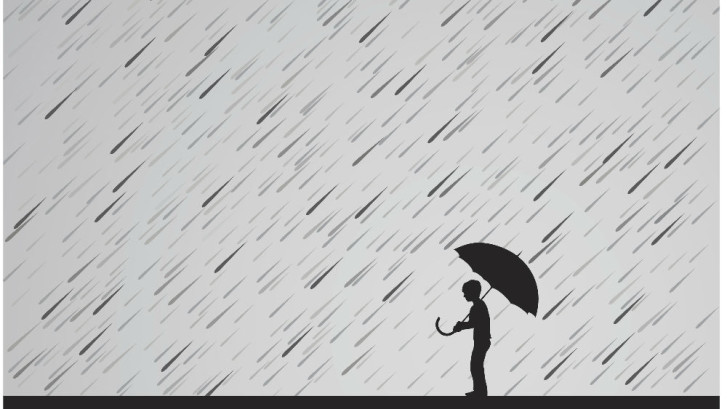How Weather Affects Orthopedic Pain
Remember Shel Silverstein’s infamous “Sick”? Allow me to refresh your memory with a few lines:
“I cannot go to school today, / Said little Peggy Ann McKay.” (1-2)
“M
“I have a hangnail, and my heart is—what? / What’s that? What’s that you say? / You say today is…Saturday? / G’bye, I’m going out to play!” (29-32)
A Medical Look at “My ‘pendix pains each time it rains.”
Even though we know that little Peggy McKay is “full of it,” she does raise some interesting questions for doctors – especially one that we couldn’t ignore:
Can rain, or any kind of weather, affect pain levels? And if so, why?
Let’s take a closer look!
What Is Pain, and What Causes Pain?
Medically speaking, pain is an experience relayed by neurons to the brain, to let the brain know that something is wrong in a particular area of the body.
Pain is caused by pressure on the nerves, from swelling or inflammation of the tissue in the musculoskeletal system.
While there is no solid evidence (yet), many scientists and doctors agree that it comes down to the pressure in the atmosphere.
Before a storm or even slight rainfall, there is less atmospheric pressure. As a result, there is less air pressing against your body, which also means there is less pressure against what’s under your skin (muscles, bones, tendons, ligaments, and the other structures of the joints).
Less pressure means that the tissue surrounding your joints is no longer compressed. There is more room for it to expand. When the tissue expands, it expands into (and creates pressure on) the joints and nerves. Since pain is an aggravation of nerves, low air pressure can easily translate to pain.
Well, it looks like there was some strange sort of validity to Peggy’s claims!
What Can Be Done To Prevent Weather From Causing Pain?

For more permanent solutions, schedule an appointment with a doctor, who can assess your situation and offer treatments for your individual case.
And as for you, Ms. McKay, (if you are reading this), take our advice: while we disapprove of your lying tactics, we laud your creativity, and hope that you’ll one day learn to use it to better the world. Oh, and the next time you are ACTUALLY in pain when it rains, wrap your joints! ◼
Medically Reviewed by Dr. Roman A. Shulze
Works Cited:
Silverstein, Shel. “Sick.” Poets.org. n.d. Web. 28 November 2017.


